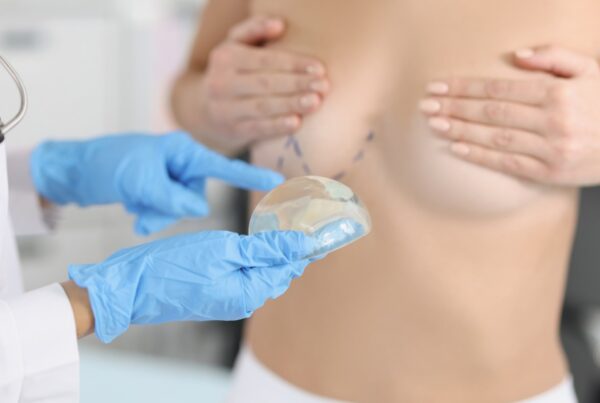Gynecomastia is a condition defined as abnormal growth of breast tissue in men. This condition can occur due to hormonal imbalances, genetic factors, obesity, or side effects of certain medications. Gynecomastia can affect both the physical and psychological well-being of men and often requires aesthetic intervention.
Causes:
- Hormonal Imbalances: An imbalance between estrogen and testosterone levels in the body can lead to breast tissue enlargement. This is commonly seen during puberty due to hormonal changes.
- Obesity: Excessive weight gain leads to an increase in body fat, which can cause breast tissue to enlarge.
- Medication Use: Certain medications, such as anabolic steroids, some antidepressants, and heart medications, may lead to the development of gynecomastia as a side effect.
- Other Health Conditions: Liver diseases, thyroid disorders, and some tumors may also contribute to gynecomastia.
Symptoms:
- Noticeable growth in the breast tissue
- Sensitivity or pain in the nipple area
- Discomfort in social situations
- Difficulty in choosing clothing
Treatment Options:
- Medication: If gynecomastia is caused by hormonal imbalances, hormonal treatment or medications may help manage the condition.
- Surgical Intervention: If gynecomastia becomes permanent or causes aesthetic concerns, surgical options may be considered. These procedures are typically performed using liposuction or open surgical techniques.
- Liposuction: Used to remove excess fat tissue from the breasts.
- Mastectomy: In more severe cases, complete removal of the breast tissue may be necessary, which is a more extensive surgery.
- Lifestyle Changes: Healthy diet and regular exercise may help prevent gynecomastia. Weight loss is recommended for cases of gynecomastia caused by obesity.
Recovery Process:
- After surgery, patients may need to rest and limit physical activities for a period. Mild swelling and bruising are normal in the first few weeks.
- Recovery: Following the doctor’s recommendations during recovery is essential for optimal healing.
- Regular Follow-Ups: Post-surgery check-ups are important to monitor the results and ensure proper healing.





